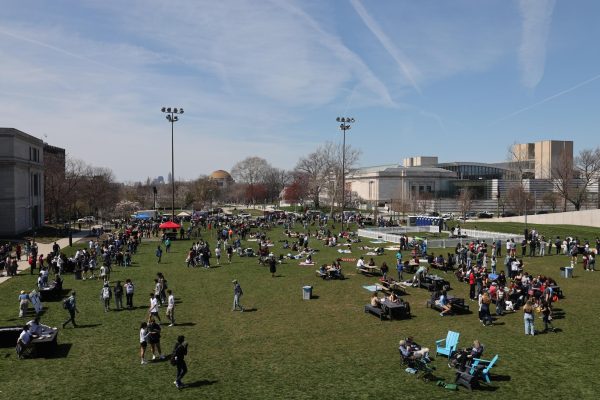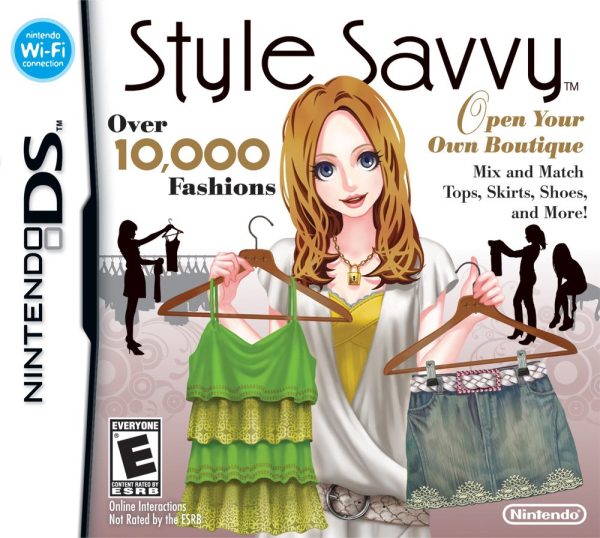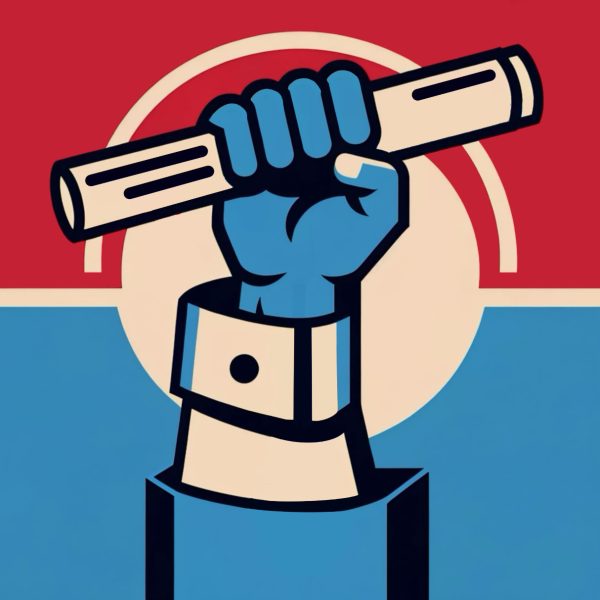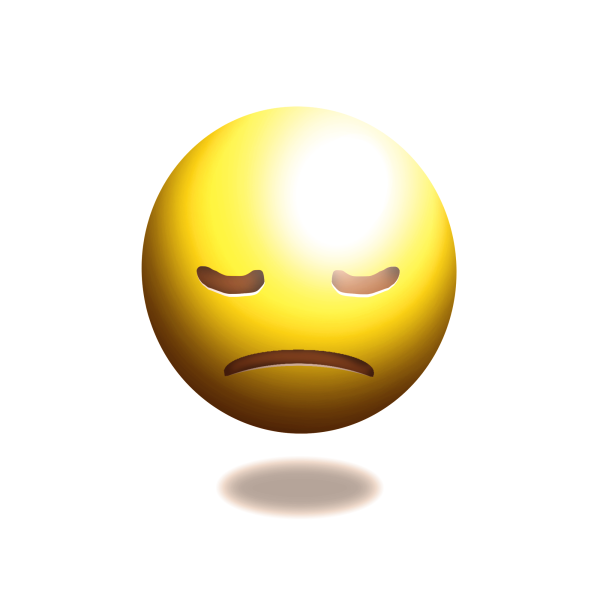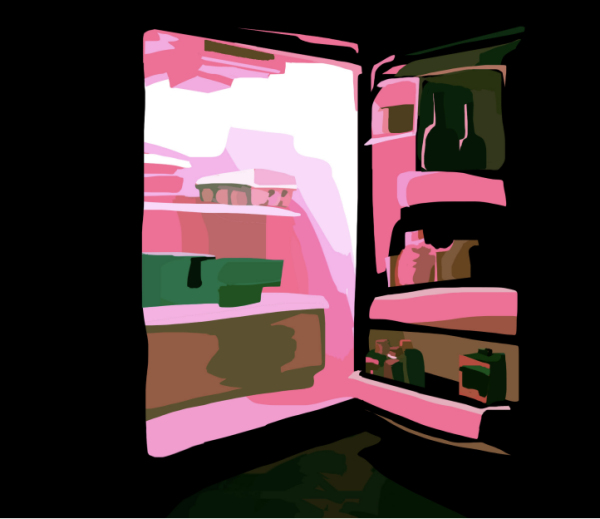Eckert: The danger of “work hard, play hard”
The phrase “work hard, play hard” has become common on college campuses across the country and was popularized by the Wiz Khalifa song of the same name. It generally refers to the habit of studying hard all week and then going out all weekend to blow off steam from all the late nights during the week. For many students, this is an effective way to relieve stress and have fun.
But the “work hard, play hard” attitude is based on extremes, and it’s easy to take it too far. In some cases, students end up in a downward spiral of drug and alcohol usage and failing grades.
This lifestyle is especially dangerous at Case Western Reserve University because of the intense workloads many students undertake. CWRU is ranked 14th on a Business Insider list of “work hard play hard” schools, and we are joined by three other UAA schools in the top 30. Students who live in this fashion are going to fall behind on sleep and stay behind on it. Working hard usually involves late nights at the library or at least long hours of intense focus and study. Sleep may seem like an easy thing to cut back on for more study hours, and some people can function well on just a few hours, but over time this is going to take a toll on the mind and body.
Drinking and drug use are usually a central theme in the work hard, play hard lifestyle. Many of these students use stimulants, such as caffeine and Adderall, to stay up all night to study and then never catch back up on the lost sleep. Stimulants, especially Adderall, are easy to abuse and can have dangerous side effects like dizziness, insomnia and heart palpitations.These stimulants are also frequently used on the weekends to stay up later and keep drinking, making the escape or “play” last as long as possible. Combining alcohol with other substances can be very dangerous.
Staying healthy is another concern with this motto. It can be tough as a college student to eat a balanced diet and exercise regularly. And at 3 a.m. on Saturday night not many people are craving a garden salad with light dressing after a long night of dancing and excitement. This applies to the 3 a.m. weekday study binges as well; getting snack food or something quick is not usually healthy, but it is easy. Sleep deprivation is going to add to the unhealthy choices with coffee or other stimulants becoming a necessity on a daily basis. Living in a “work hard play hard” world is not a healthy existence for college students, or anyone else.
Some alternatives to this are smaller rewards or releases throughout a tough week. Instead of going out to binge drink on the weekends, have a drink after finishing homework or an exam during the week to relax. Treat yourself to a nice meal out, or cook something special as a reward for finishing a paper or completing a full week of exams. It can be surprisingly simple to implement a reward system for studying and homework.
It is also important to make time for hobbies and recreation. Cleveland has a lot to offer from the museums in the circle, to downtown and the flats, along with parks and green spaces throughout the city and just beyond in the Cuyahoga Valley National Park, which is less than a 40 minute drive from campus. Exploring the city is a great way to relax and recharge.
Balancing schoolwork with sleep and recreation can be more difficult than the actual assignments. Finding the right course load to balance with extracurriculars or a job can be tough, but it’s important to maintain a manageable schedule. Going out and partying may seem like the only fitting escape for long nights studying, but there are other, healthier options.
Brian Eckert is a third-year student studying English. He is on the club rugby team, but also enjoys writing poetry.










